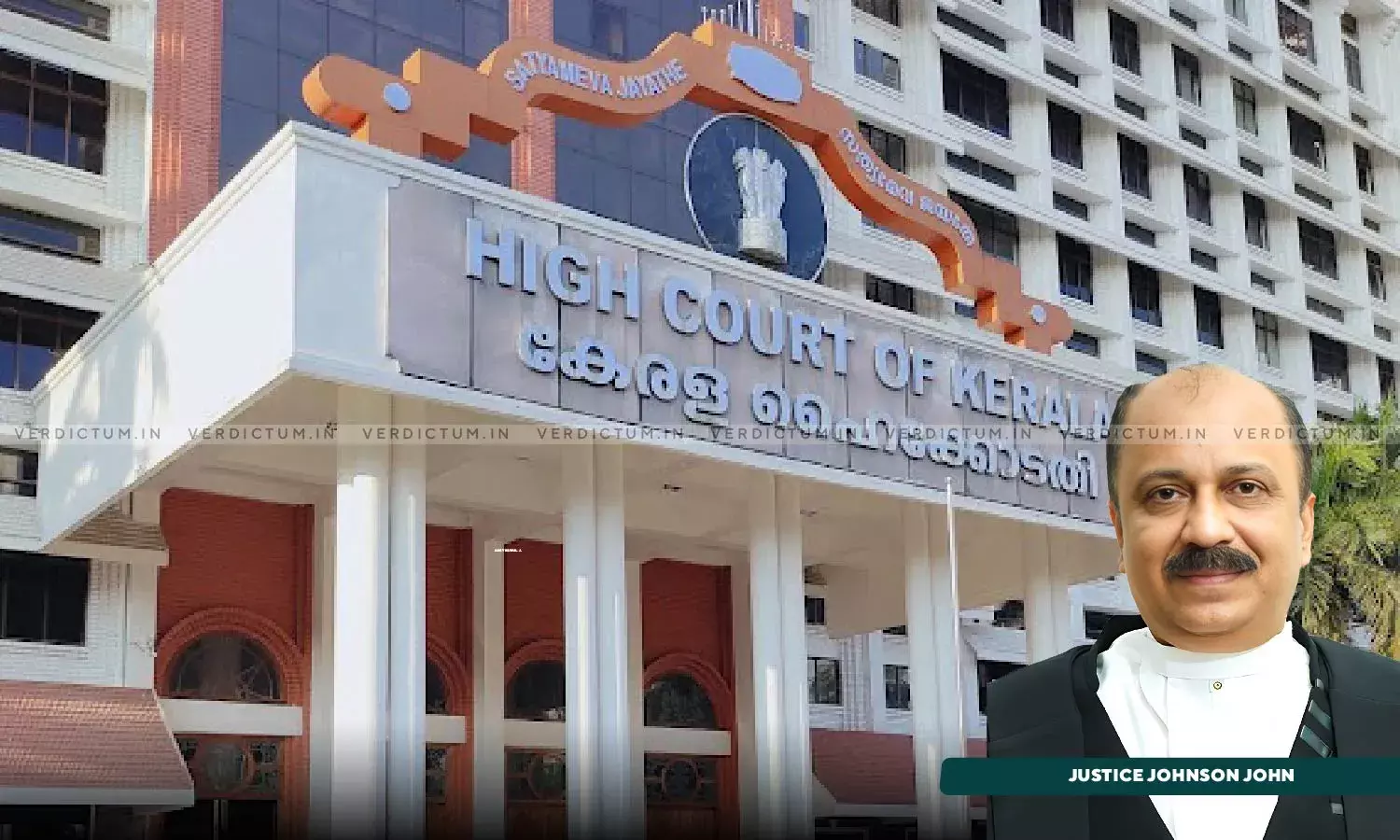Motor Accident Claimant Can’t Be Denied Parity In Matter Of Notional Income Merely Because He Was Earning Less Than Fair Wages At Time Of Occurrence: Kerala HC
The Kerala High Court enhanced the compensation in a case of motor accident and clarified that the victim cannot be denied parity in the matter of notional income only because he was earning less than the fair wages at the time of occurrence.
The Single-Judge Bench of Justice Johnson John said, “It cannot be disputed that even a casual worker is entitled for fair wages and the notional income of an ordinary worker has to be fixed after considering the fair wages at the relevant time…”
Advocate K.P. Harish represented the Appellant while Advocate V.S.Shiraz Bava represented the Respondent.
The High Court was hearing a Motor Accident Claims Appeal where the appellant-petitioner claimed that while he was riding a motorcycle, an autorickshaw driven by the first respondent in a rash and negligent manner hit him. It was alleged that he fell down and sustained grievous injuries.Second and Third Respondents are the owner and insurer of the offending vehicle.
The Tribunal had awarded a total compensation of Rs 74,000 to the appellant. Aggrieved thereby, the appellant challenged the quantum of compensation determined by the Tribunal on the ground that the Tribunal had not correctly fixed the notional income and also failed to grant compensation towards loss of earning capacity of the appellant. The appellant submitted that the compensation granted by the Tribunal on other heads were also on the lower side and therefore, required interference by the Court in appeal.
According to the appellant, he was aged 21 years at the time of the accident and had a monthly income of Rs.4,500. However, the Tribunal found that the appellant had not succeeded in proving the said monthly income and therefore, fixed a notional income of Rs.3,000 per month for the purpose of calculating the loss of earning.
“It cannot be disputed that even a casual worker is entitled for fair wages and the notional income of an ordinary worker has to be fixed after considering the fair wages at the relevant time and only because the appellant was earning less than the fair wages at the time of occurrence, he cannot be denied parity in the matter of notional income, as it is well settled that beneficial legislations with social objective are expected to be interpreted in favour of those for whose benefit the said legislations are made”, the Bench said.
The Bench held that the appellant is entitled for the benefit of the decisions of the Honourable Supreme Court in Ramachandrappa v. Royal Sundaram Alliance Insurance Co.Ltd. [(2011) 13 SCC 236] wherein it has been held that even in the absence of any evidence, the monthly income of an ordinary worker has to be fixed as Rs.4,500 in respect of the accident occurred in the year 2004 and for the subsequent years, the monthly income could be reckoned by adding Rs.500/- each per year.
In this case, the permanent locomotor impairment was assessed as 49% in relation to right lower limb. Considering that the appellant was working as a salesman and was aged 21 years at the time of the accident, the Bench observed that 20% functional disability could be accepted for the purpose of calculating the compensation for loss of earning power.
Revising the monthly income to Rs.7,500, the Bench held that the appellant would get additional compensation for loss of earnings. Accordingly, an additional compensation of Rs.13,500 was awarded towards loss of earnings. “When the compensation for loss of earning power due to permanent disability of the appellant is calculated as per the criteria mentioned above, the same would come to Rs.4,53,600/- [(7500 + 40%) x 12 x 18 x 20/100]”, it held.
The Bench also enhanced the compensation under the head of pain and sufferings. Allowing the appeal, the Bench awarded a total amount of Rs 4,82,100 as enhanced compensation alongwith interest at the rate of 8% per annum.
Cause Title: Niyas v. Mohana [Neutral Citation: 2024:KER:84234]
Appearance:
Petitioner: Advocate K.P. Harish
Respondent: Advocates V.S.Shiraz Bava, Lal K. Joseph




